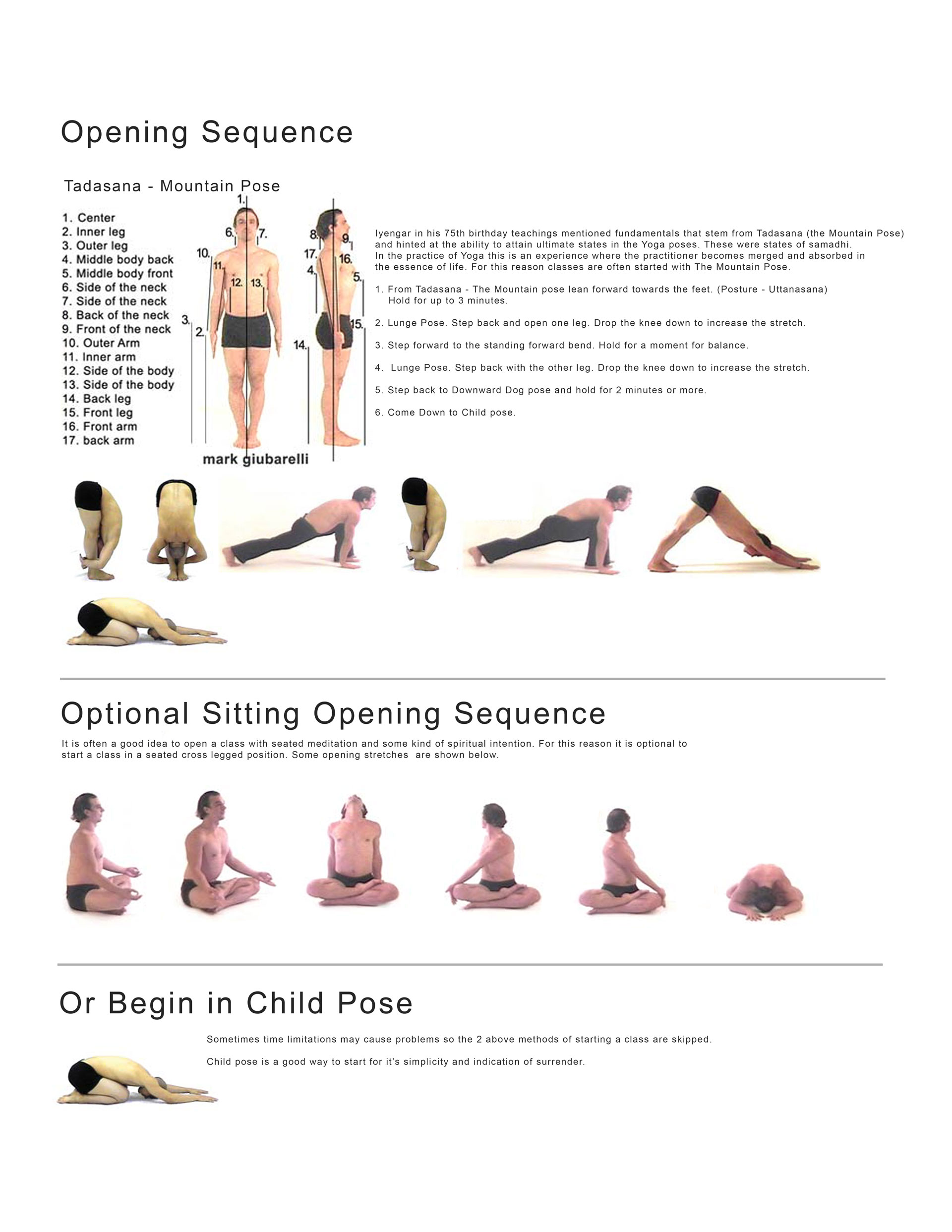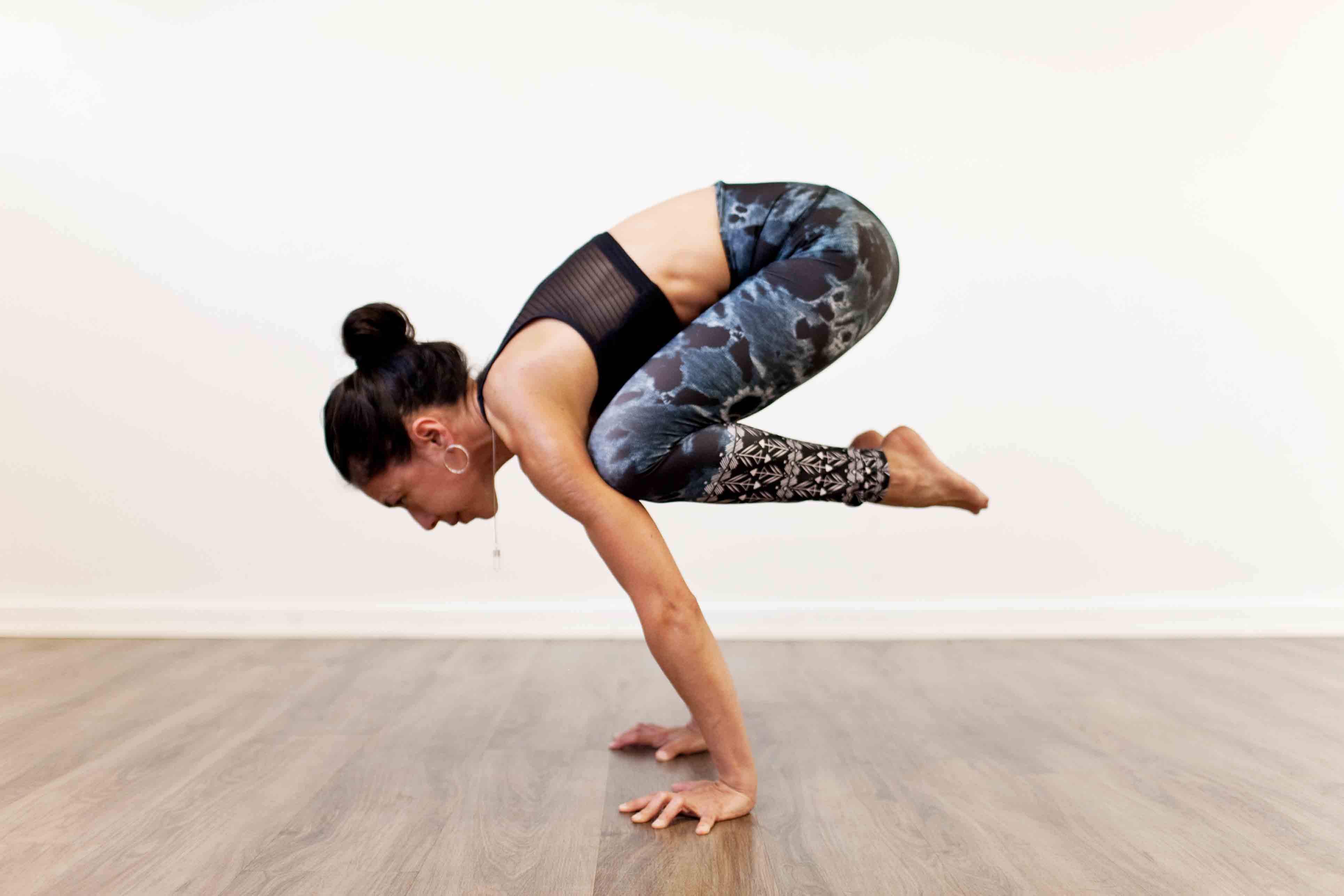
Yoga with Adriene offers a quick, easy to follow 15 minute video for morning practice. It features a variety gentle breathing and grounding postures. This workout is great if you need to boost your energy before the day. This workout is great for recharging tired muscles and allowing you to connect with your body through your breath. It's a great start to your day. It's short and easy to do in 30 minutes.

Yoga with Adriene's 15-minute video provides an easy way for you to incorporate exercise into daily life. You don't need to have any special equipment. It's a huge hit with subscribers. It looks amazing and it makes you happy! Yoga with Adriene's 15-minute video will help you feel your best, regardless of whether you're a beginner practitioner or a veteran.
Yoga with Adriene (15-minute) video is great for intermediates and beginners alike. It combines simple stretches with a focus on breathing. It's perfect for mornings, when you're looking to clear your mind and get your body ready for a long day. Take a few moments to relax and enjoy the experience. You will be glad that you did. This video is ideal for those who are new to yoga.

Carolyn Mishler's high-quality yoga instruction will delight you. Each class starts with a calm, meditative moment that will help you get up. The teacher shares her favourite things to be comfortable in the studio. She will tell you what to wear so that you can concentrate on the benefits of your yoga sessions. This video will help you make your yoga routine more enjoyable.
FAQ
What's a good workout routine for daily?
Regular exercise is essential to staying fit. It doesn't matter which type of fitness you choose, as long as it is done regularly. The most important thing is consistency. It is important to stay consistent in order to get results.
Begin by walking for a few minutes each day. Increase the time you spend exercising each day until you can do 30 minutes. You can choose to run, swim, weight train, do yoga or take aerobics classes.
It's important that you get your exercise done every day. If you have a valid reason to skip a session, it is best not to.
Make sure to wear appropriate clothing and footwear for outdoor exercise. It is important to take into account the weather conditions, and how they may affect your ability to exercise safely.
While exercising, make sure to drink plenty water. Avoid alcohol consumption during this time as it can lead to dehydration. Also, don't drink caffeine-rich beverages like tea, coffee, or cola. They will not only give you more energy but also dehydrate you.
It's common to feel tired after your first workout. However, if you continue with your program, you'll soon feel more energetic and refreshed.
Are you a cardio-exercise fan?
Cardiovascular exercise offers many benefits. Cardiovascular exercise improves blood circulation and strengthens your heart muscle. It also increases stamina and helps you lose weight.
Cardiovascular exercise includes running, biking, hiking, swimming, tennis, basketball, soccer, volleyball, football, etc.
It is important that cardio exercises are not performed at high intensities. This could cause injury.
Cardiovascular exercise should be done only if you feel well.
It is important not to push yourself beyond your limits. In this way, you may injure or even kill yourself.
Warm up is the best way to start cardiovascular exercise. Then, gradually build up to higher intensity levels.
Always listen to your body. You should stop immediately if you feel any pain while doing cardiovascular exercise.
It is also advisable to rest after a cardiovascular workout. This gives your muscles the chance to heal.
To lose weight, you should include cardiovascular exercise in your daily routine.
It is the most efficient way to lose weight and stomach fat.
What does milk do to men?
Consider what other uses you might have for your milk next time that you buy it. It may be a good idea to reduce your coffee intake.
Both children and adults have been shown to benefit from milk. Milk provides children with nutrients such as vitamin D, calcium, potassium, phosphorous, and magnesium.
It promotes weight gain, digestion, bone strength, and aids digestion. Adults who consume dairy products tend to have fewer illnesses and better immune systems.
People who have difficulty digesting milk are also likely to be able to enjoy its many benefits, even if they do not have stomach problems.
Try drinking more milk instead of soda or juice. Milk contains more calcium and vitamin D, which can strengthen your bones and teeth.
You can make yogurt with plain low-fat milk if you don't love the taste of milk. Yogurt can be a great substitute for milk, as it has fewer calories and more protein.
Yogurt also has probiotics that aid digestion and increase immunity.
Try warm milk to help you fall asleep. Warm milk can relax muscles and increase serotonin levels. This will help you sleep well.
Are there any benefits to practicing yoga?
Yoga has been popular since ancient times. Yoga is now very fashionable among celebrities and everyday people who want to look and feel good.
Yoga is great for strengthening your muscles and stretching them. Yoga is also great for calmening your mind and relaxing.
Yoga and other forms exercise differ in that yoga is focused on breathing techniques.
For balance and flexibility, there are many poses you can do.
What if I exercise and drink alcohol?
Yes. Alcohol has increased energy expenditure, speed up recovery time, and reduced soreness.
Alcohol also increases insulin sensitivity, making it easier to absorb glucose.
However, alcohol can cause dehydration, which can slow down your metabolism. It can also decrease testosterone production, which can affect muscle-building ability.
This is why women shouldn't have alcoholic drinks before exercising. Women who are heavily alcoholic should wait at minimum 24 hours before starting to work out.
It is important that women who are nursing avoid alcohol.
Men should limit their alcohol intake to just one drink each day.
Statistics
- The PRS enabled risk stratification for overall prostate cancer and lethal disease with a four-fold difference between men in the highest and lowest quartiles (HR, 4.32; 95% confidence interval [CI], 3.16-5.89). (pubmed.ncbi.nlm.nih.gov)
- An estimated calorie range for moderately active adult males falls between 2,200 to 2,800 calories per day, depending on age. (eatright.org)
- Are You One of the 20% of Guys (mh.co.za)
- According to the American Academy of Dermatology (AAD), men over 50 are at a heightened risk of developing it. (healthline.com)
- Cardmembers earn 5% Back at Amazon.com with a Prime Credit Card. (amazon.com)
External Links
How To
How can I burn fat and exercise?
Exercise burns calories through increased metabolism and oxygen consumption.
You'll lose weight safely if you exercise at moderate intensity.
These tips can help you to burn fat while training:
-
Do cardio exercises such as walking, swimming, jogging, cycling, running, or elliptical training.
-
Three times per week, exercise for 30 minutes.
-
You can lose weight by adding strength training to the routine.
-
Avoid intense training. It's possible to build muscle, but not lose it.
-
Keep hydrated during exercise. Water flushes out toxins, and keeps your body properly hydrated.
-
Choose low-fat protein shakes after working out. Protein shakes boost energy and repair muscle tissue.
-
Take smaller meals throughout each day to avoid feeling hungry.
-
Don't skip breakfast! Skipping breakfast can leave you feeling tired and sluggish.
-
Take care of your mental health. Stressful situations can slow down metabolism.
-
Keep a positive attitude. Studies show that overweight people are more likely to be obese than those who perceive themselves as attractive.
-
Get enough sleep. It is harder to lose fat if you don't get enough sleep.
-
Be active. Move around at least once an hour.
-
Maintain a healthy diet. You will feel fuller longer if you eat right.
-
Relaxation is possible by finding ways to relax. An anxious mind won't allow your body release stress hormones, which can lead to the destruction of muscle tissue.
A balanced diet will provide all nutrients that are necessary for growth.
Eat six small meals each day instead of three large ones. This allows your body time to digest what you've eaten.
To maintain strong bones, you need to consume 500 mg of calcium each day. Calcium can be found as a dairy product such as milk, yogurt and fortified soy drinks, orange juices, cereals, breads, and cereals.
Calcium can be found in leafy green veggies, beans, tofu and nuts as well as seeds, nuts and cheese.
Your body needs vitamin D to absorb calcium. Vitamin D can be found in egg yolk, fatty fish, and other fortified foods.
Vitamin E is vital for your skin's health. Vitamin E is found in vegetable oils and wheat germ oil, as well as peanuts, almonds and sunflower seeds.
Your body needs zinc to maintain normal immune function and heal wounds. Zinc can also be found in legumes, oysters, meats and whole grains.
Zinc deficiency could cause fatigue, nausea, vomiting, and depression.
Eating too much sugar causes insulin resistance, which increases blood glucose levels. Insulin resistance leads to weight gain.
Insulin resistance is caused by high blood levels of free-radicals. Free radicals are molecules containing unpaired electrons which cause damage to cells membranes.
The most common sources of free radicals include food additives.
Free radical damage can lead to cancer, heart disease, diabetes, arthritis, asthma, and aging.
A well-balanced diet rich in antioxidants is the best way for you to avoid free radical damage. Antioxidants protect against oxidative damage.
Antioxidant vitamins include Vitamin C (found in citrus fruits), beta carotene (found in carrots, sweet potatoes, spinach, broccoli, cantaloupe, apricots, squash, mangoes, peaches, peppers, tomatoes, cabbage, cauliflower, kale, Brussels sprouts, collard greens, watermelon, and strawberries), and Vitamin E (found in nuts, olive oil, avocados, and eggs).
Other antioxidant nutrients include selenium, copper, manganese, and zinc.
Selenium helps protect cells from oxidative damage caused by free radicals. Selenium is also found in Brazil nuts.
Copper protects the eyes, brain, lungs, liver, and red blood cells. Copper can be found in shellfish and poultry as well as meat and organ meats.
Manganese, an essential component of bone strength, is crucial. Manganese can also be found in oatmeal, brown rice, spinach and bananas.
Zinc is important for healthy growth, reproduction, and wound-healing. Zn can also be found in white fish, lean cuts of meat, poultry, and eggs.